Differences and similarities between words
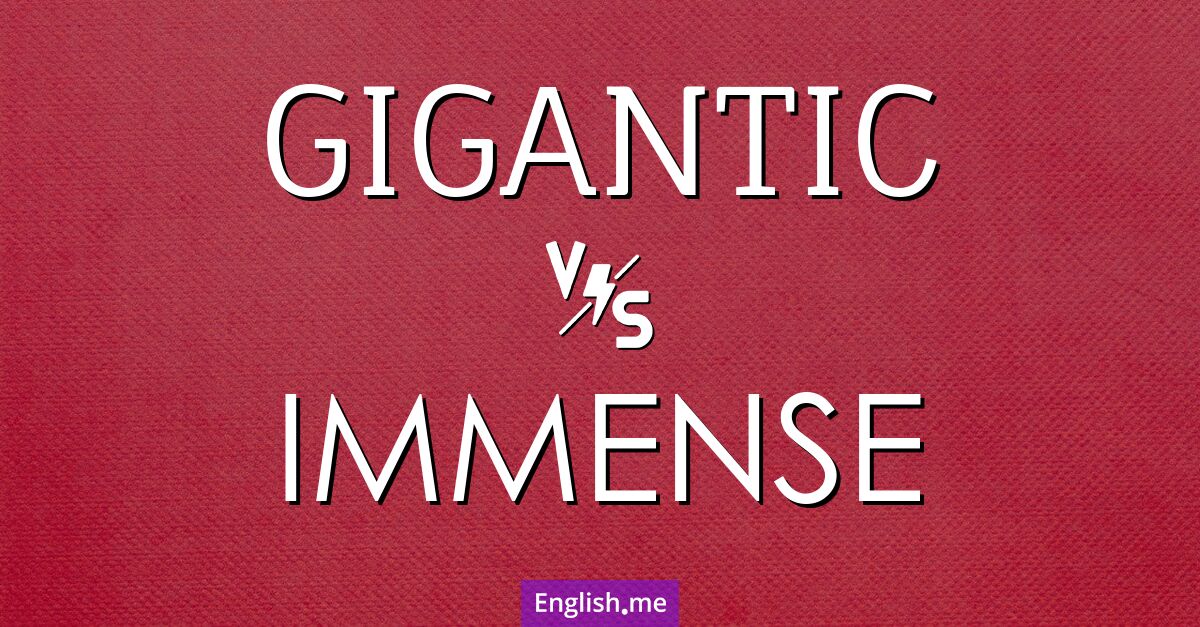
Exploring the magnitude of "gigantic" vs. "immense"
While both words describe large size, "gigantic" has a more ... Learn more →

"Uproar" vs. "furor": navigating the noise
"Uproar" often implies a loud commotion, usually with sounds or ... Learn more →
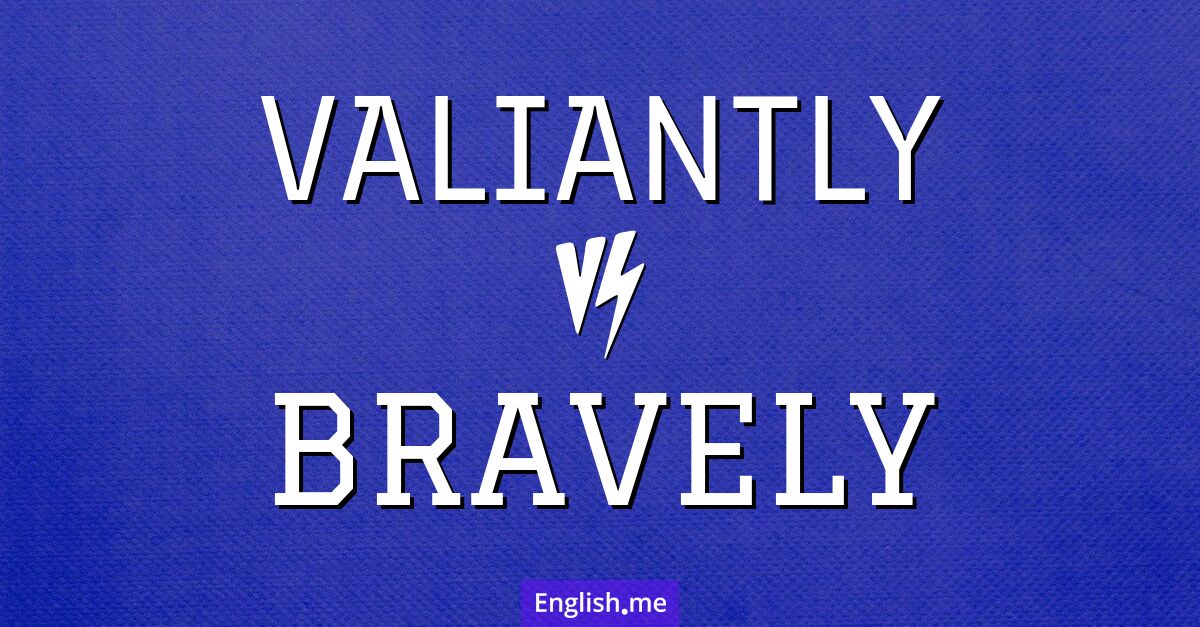
Comparing courage: "valiantly" vs. "bravely"
"Valiantly" often implies not just courage but also nobility or ... Learn more →

"Dreadful" vs. "terrible": a comparative insight
While both words indicate something negative, "dreadful" often conveys a ... Learn more →
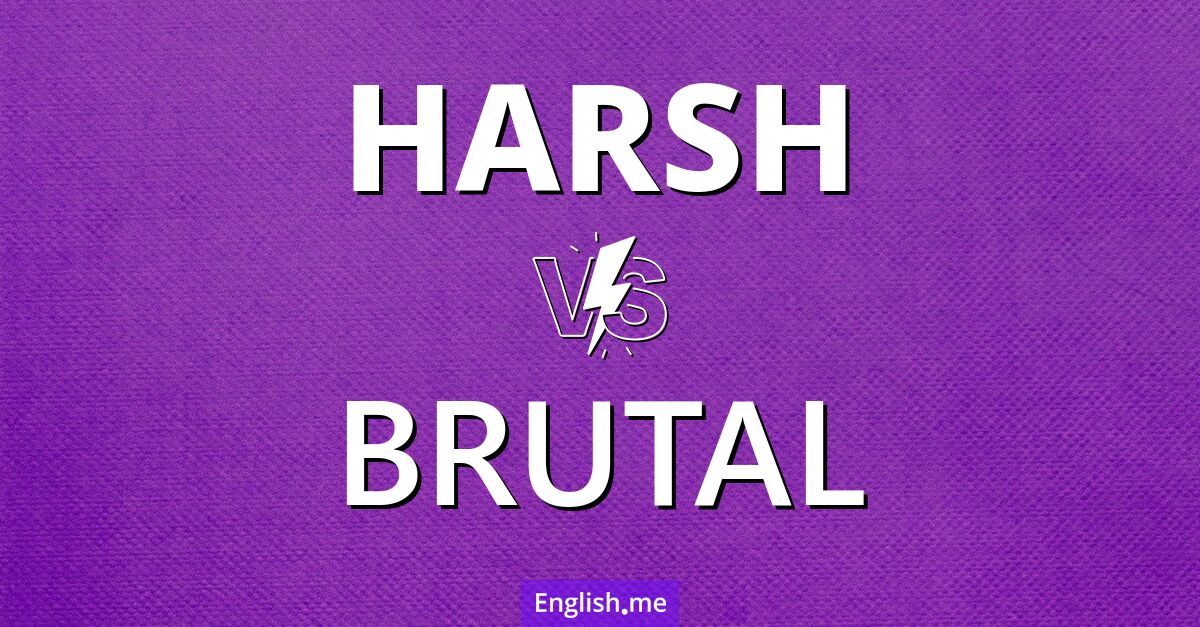
"Harsh" vs. "brutal": comparing words of severity
"Harsh" typically implies severity that may be strict or unkind ... Learn more →
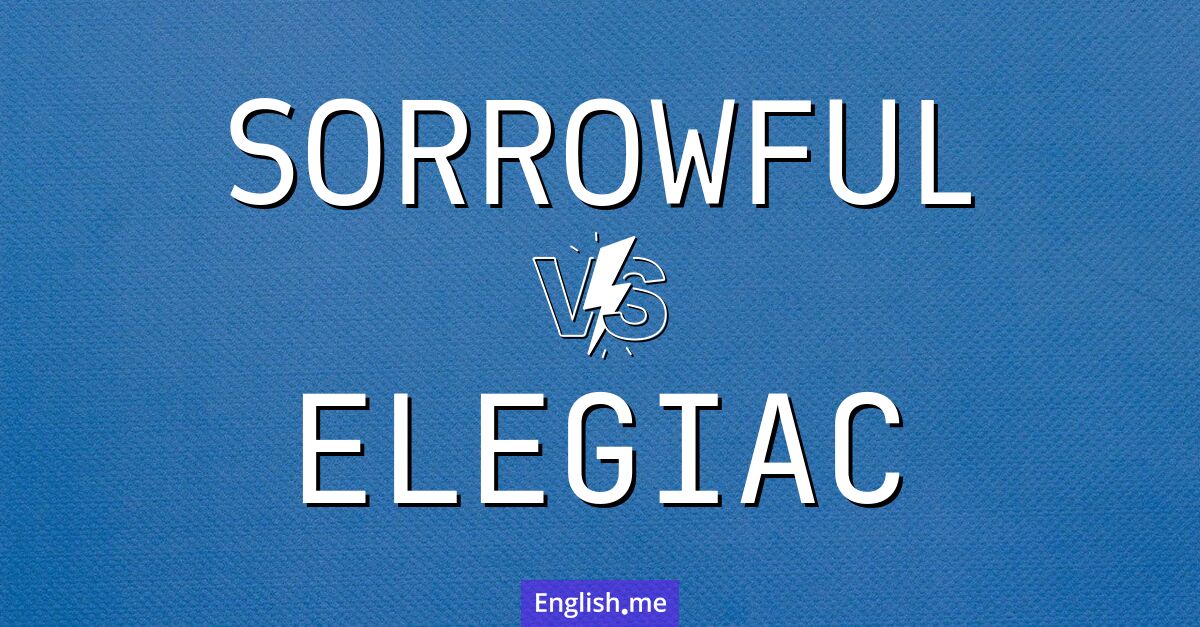
Echoes of emotion: comparing "sorrowful" and "elegiac"
"Sorrowful" is a more general term for feeling or expressing ... Learn more →

Comparing "truly" vs. "really": nuances and uses
While both can be used for emphasis, "truly" often implies ... Learn more →
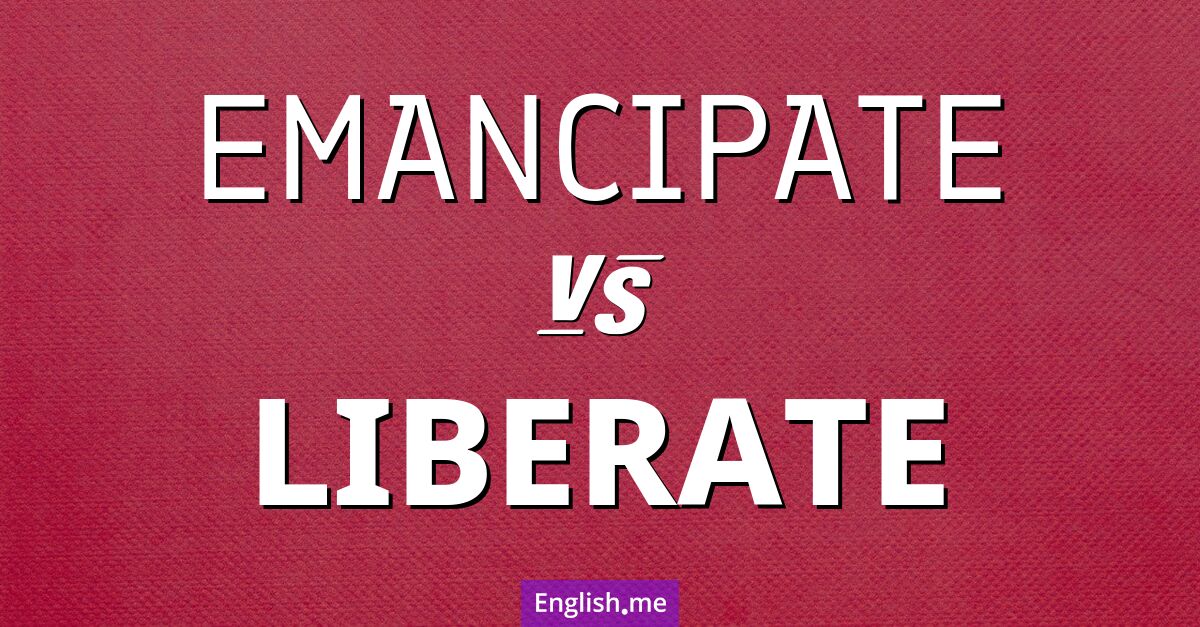
"Emancipate" vs. "liberate": words of freedom explored
"Emancipate" is often used in contexts involving social, legal, or ... Learn more →

Comparing "berate" vs. "scold": nuances of criticism
While both words mean to criticize, "berate" often implies a ... Learn more →
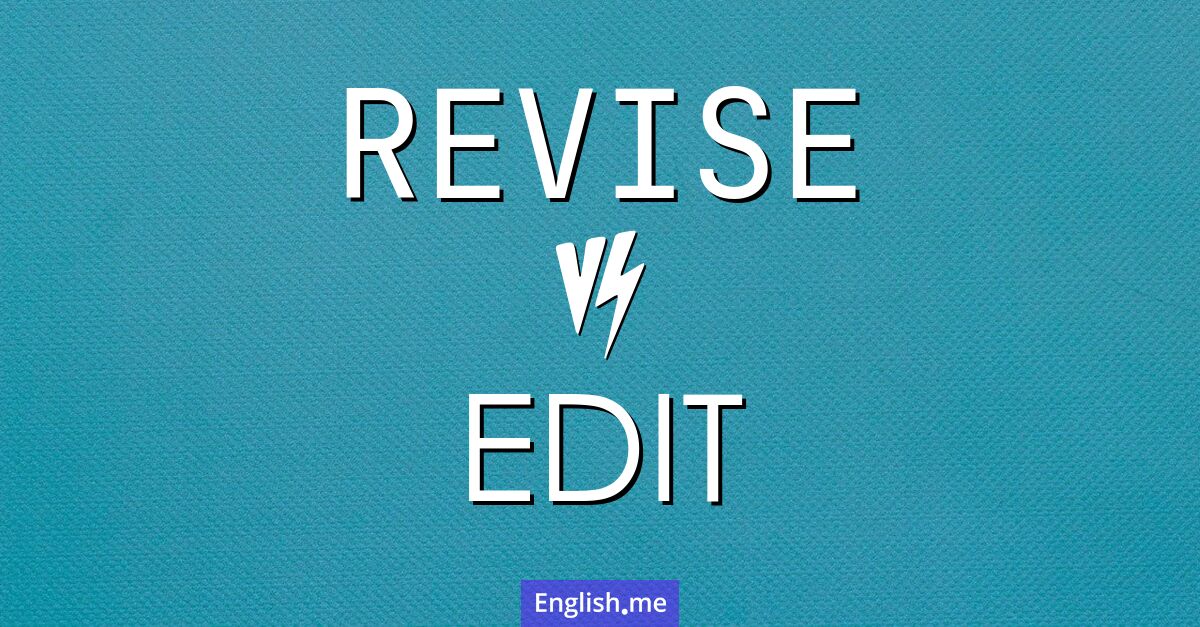
"Revise" vs. "edit": distinct roles in refining writing
The term "revise" often implies re-examining and altering content to ... Learn more →

 English
English español
español française
française italiano
italiano deutsche
deutsche 日本語
日本語 polski
polski česky
česky svenska
svenska Türkçe
Türkçe Nederlands
Nederlands